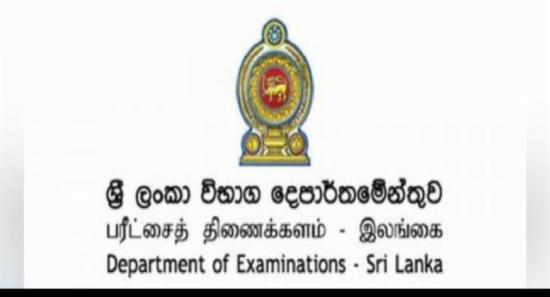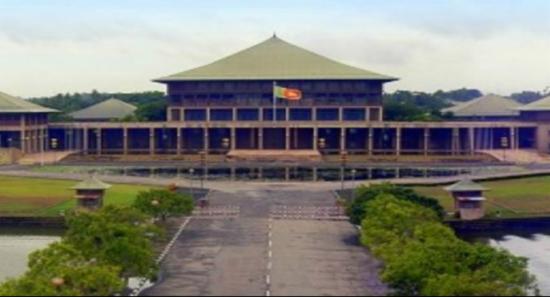.webp)

Sri Lanka Reels from Multidimensional Crisis, UNDP Warns
COLOMBO (News 1st); Sri Lanka's ongoing economic turmoil, exacerbated by the COVID-19 pandemic, has left more than half its population "multidimensionally vulnerable" to shocks, according to the United Nations Development Programme (UNDP).
Speaking at a recent event, UNDP Resident Representative Azusa Kubota painted a sobering picture of the nation's plight.
"The impact of the cascading crisis has been felt by everyone, particularly the most vulnerable," she said, highlighting a worrying trend: "More than half of Sri Lankans lack even basic buffers against any future shock, including climate-induced disasters."
The vulnerability stems from a complex interplay of factors, with UNDP finding over a dozen indicators contributing to the precarious situation.
The traditional "formula for success" – education leading to a stable job – no longer holds true, Kubota noted. "Today's world is uncertain, ambiguous, and skills taught in schools often fall short," she said, emphasizing the need for lifelong learning and adaptation.
The UNDP official urged both individuals and communities to embrace resilience and adaptability. "Technology evolves rapidly, demanding constant learning and agile responses," she stressed. "These are the skills needed to navigate and thrive in the 21st and 22nd centuries.
Other Articles
Featured News





.png )










-773047_550x300.jpg)
-772838_550x300.jpg)
















.gif)